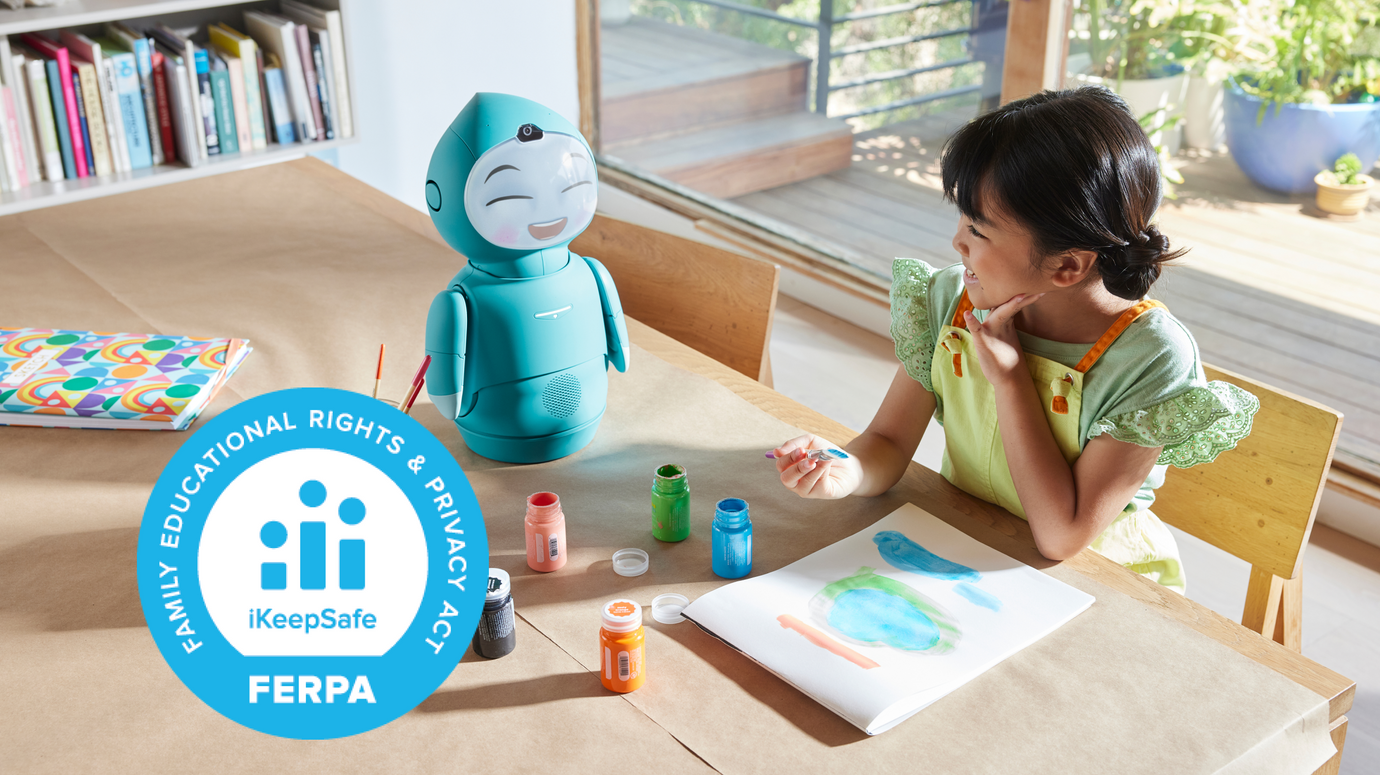Keeping Your Kids Safe in the Age of Social Media

Social media plays an increasing role in people’s lives in today’s age, including children and adolescents. 38% of children between the ages of 8-12 have reported using social media, and more than one third of teenagers report using social media sites “almost constantly”. Social media has many benefits, including increased access to information, easy ways to stay socially connected with friends and family, and a platform to boost creativity. But there can also be downsides, including its impact on your child’s mental health.
Risk of Social Media Use
- Overuse: studies have shown that overuse of social media by both children and adults can have negative effects on mental health, can be attributed to reduced attention spans, and can lead to reduced quality time spent together as a family.
- Exposure to harmful content: many corners of the internet are not designed for children, and children may be exposed to content that is too mature for them without proper safety filters in place.
- Reduced self-esteem: adolescents who use social media frequently may experience challenges with their self-esteem. Many people only post the best versions of themselves on social media, and standards are set that feel unachievable to others.
- Bullying: many adolescents report experiencing bullying on social media sites, which can be difficult to regulate and address, especially when the accounts are anonymous.
Promoting Healthy Social Media and Screen Time Habits
- Communicate with your child about how to use the internet and social media safely. Talk to your child about the risks of the internet and social media, and maintain an open line of communication with them about their internet habits.
- Monitor your child’s use of the internet and social media. Use parental control and safety settings, or set up app limits on their devices to help prevent overuse. Report any bullying, harassment, or inappropriate content your child is receiving to the appropriate channels.
- Set rules for screen time as a family. Designate certain hours as phone and internet free, and spend time as a family doing other activities together.
- Model good habits for your children by reducing your own use of screens and social media.
Teaching Internet Safety
It’s important to teach your children about internet safety early on. There are many kid-friendly videos about internet safety on youtube that you can watch together. Safety issues to talk about include protecting your privacy, internet scams, and avoiding conversations with strangers. The internet is forever, and it’s important to talk to your children about the content that they post online or send to others.
Use the parental controls that many apps and phones provide in order to protect your child’s safety and block the use of inappropriate websites or apps. There are also kid-friendly search engines available. Wait until your child is at an appropriate age before introducing them to social media. Most social media sites are not recommended for children who are under 13.
Most importantly, maintain an open line of communication with your children so that they can come to you if they are experiencing any problems.






